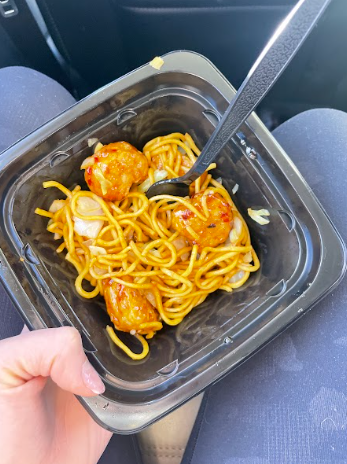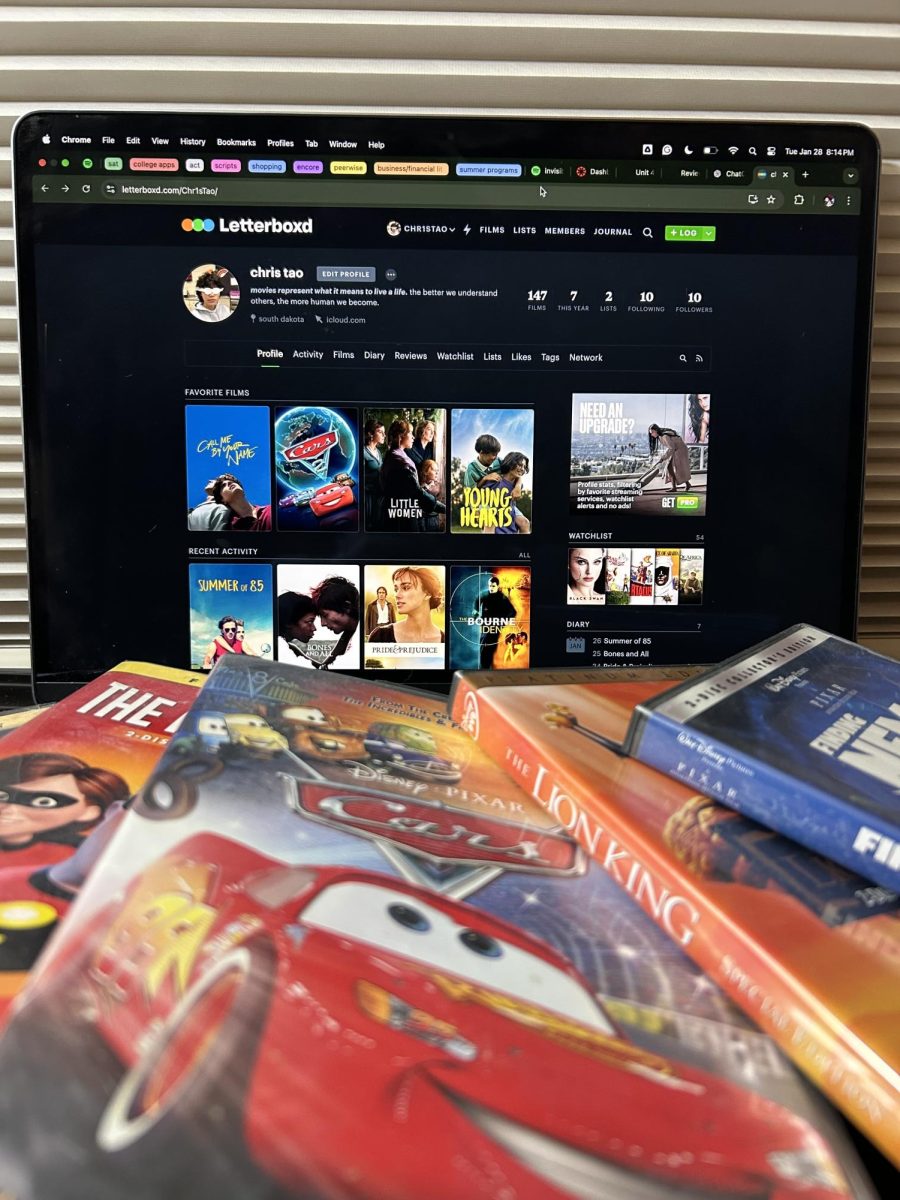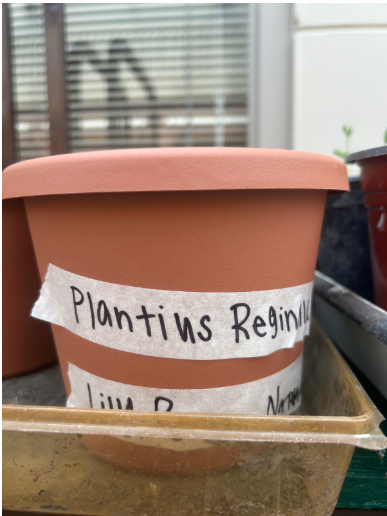
It is a well-known fact that a plant-heavy diet is good for you and the environment;however, many people still steer clear of healthier, plant-based options. According to the USDA, Americans today consume about 40% more meat than they should, yet simultaneously consume less than the recommended amount for food groups such as vegetables and fruits by as much as 60%.
According to Linda Kantor and Andrzej Blazejczyk from the USDA, “Consumption of meat, eggs and
nuts as well as grains in the United States was higher than the recommended amounts,”.
So what then can the individual consumer do to mitigate their meat consumption, but also promote healthy eating habits? How can, say, a 17-year-old high school student learn to cook healthy meals, understand food labels and learn basic meal prep in order to prepare for adulthood? Well, the simple answer is to go vegan for a month.
Going vegan for a month may sound extreme to some —heck, most would just laugh out loud — but it is really not as crazy as people would think. When all that is discussed is what someone cannot have vs. what they can have, a plant-based diet sounds much more restrictive than it really is. While going vegan most likely means many will have to find new dishes they like and even give up some of their favorite junk foods; take it from someone who has done this challenge, the amount of new foods consumed will easily replace the food lost. Being vegan is not only fufilling, there are also a lot of health benefits that come with the switch. According to Harvard Health Publishing, citing JAMA Internal Medicine, plant-based diets showed a 23% lower risk of type 2 diabetes. In addition, a vegan diet promotes healthy gut biomes; as the National Institute of Health explains that it can increase the amounts of good bacteria whilst simultaneously decreasing the numbers of harmful bacteria in the gut. But as some may be thinking, “switching to veganism for a month does not create long-lasting effects overnight” and they would be correct. What going vegan for a month does do is introduce you to foods that do create said side effects. So really, what is stopping people from making the switch? Why do people steer away from plant-based options? Long answer short: stereotypes.
Stereotypes
The biggest barriers to living a vegan lifestyle stem from three major misconceptions that come from people’s contempt for the “abnormal.” These misconceptions can be boiled down into three categories.
- Cost
People tend to fall under the assumption that veganism is far more expensive than
the traditional American diet. And yes: heavily processed foods tend to run cheap, while “health” foods marketed for vegans can be on the pricey side. But this assumption is not accurate. According to Cosmopolitan (citing an Oxford University study) eating a plant-based/vegan pallet is actually the most affordable diet. For example, when comparing prices of a pound of generic brand chicken breast, lentils and chickpeas at Walmart, the costs for each come out to $2.67, $1.92 and $1.46 respectively, a steep price fall from chicken to plants. When the only foods you see that are “vegan” are high-priced brands that market heavily, misconceptions arise; however, rice, lentils, chickpeas and pasta are the core staples in a plant-based diet and are far less expensive than any meat product.
- Vegans have no fun
When asked to imagine a vegan, it is safe to say many picture a thin, “cardio bunny-esk,” middle-aged woman who strives not to eat processed foods. People think vegans do not allow themselves the occasional sweet treat. But, again, this is just not the case. There are a plethora of vegan “junk” foods. From obvious ones like potato chips to the more obscure ones like Oreos and Skittles, the range of vegan options is much broader than it’s given credit for. Bread, cereal and orange chicken all have vegan-friendly alternatives that don’t come at a steeper price.
- Identity
Veganism is not always a diet: it can also be a mindset. There are people who chose to live with absolutely no animal products, and they do this for their own reasons. However, it is not wrong to say that some in the community can be loud and outspoken. Those who want a plant-based lifestyle but are not of the vegan mentality can find it hard to start. But it is possible to eat vegan and still use Maybelline mascara. It is possible to eat vegan and not protest a McDonalds. Do not let a few bad apples ruin what can be the best thing that has never happened.
So, you have overcome your preconceived schema of a vegan. And are now imagining a plant-based/vegan lifestyle. How exactly do you do that? It is really not that difficult; here are a few things you can do to best prepare yourself for plant-based living.
- Inform
This step is the most important. The best recommendation is one month of preparation in advance. Make sure to meticulously go through what you normally eat. Check the food labels of your favorite snacks. See what you can easily swap for another food (for example, whey protein powder to plant protein powder) and what new foods you will need to incorporate into your diet. Read blogs and forums. Explore sites like Reddit to see what places vegans eat out at or recipes they enjoy. Make sure to find what vegan options your favorite fast food restaurant offers, as preparing for the days you just want something greasy and fast makes it less likely you will fail.
- Implore
For this step, it is highly recommended you implore your friends and family to be supportive of your diet. Let them know why you are doing this. Whether it is for health, a fun challenge or for moral reasons, explain it to them. Many people are skeptical of plant-based diets and veganism in general, so do not be alarmed if some people simply do not understand.
- Explore
Lastly, explore all the new foods this challenge has to offer. There are plenty of grocery stores that offer wide selections of vegan products. From Aldi, the cheapest and most accessible, to the local yet pricey Pomegranate Market, there are plenty of businesses to choose from. Exploration pushes you to take that leap and go all out. There are so many simple recipes and restaurant hacks that it will be hard to get bored. This is a diet of abundance, so go out and eat!














